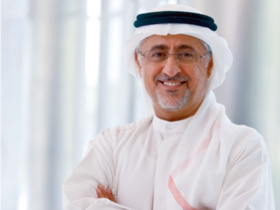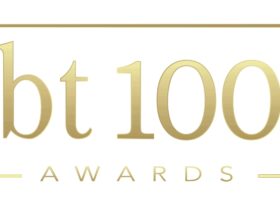Dubai – Masaader News
While governments have traditionally successfully nurtured innovation in the private sector through smart policies and strategies, a more significant opportunity is on the rise today: governments are moving away from simply being enablers of private sector innovation, to become co-contributors, participants and even pioneers of innovation, that’s what a new report is calling Innovation-Driven Government.
Inspire and Orchestrate: Innovation-Driven Government, published today by the World Government Summit in collaboration with PwC Middle East, calls on governments to become active participants and co-creators of innovation ecosystems. It argues that their procurement policies, quality of service provisions, and adoption of digital innovation are today more than ever, shaping the innovation performance of the wider economy.
To overcome the complexity of interlinked environmental, economic and social challenges, and the ever-evolving role that the public sector plays in these agendas, new ways of thinking and working for governments are therefore essential. By embedding key innovation elements into their strategies, investments, internal cultures and functions, these governments can build a sustainable innovation ecosystem and drive external value creation for their citizens, business and public at large.
“This approach can create considerable value for citizens and the economy around the world – as well as drive better policy making. For citizens, there is a vast improvement in efficiency and service provision: for example, the less time people spend navigating public services, the more time they have for work, for family life and for their health and well-being,” says report author Rami Nazer, PwC Middle East Leader and the Consulting Business Leader for Government and Public Sector
“Growing evidence shows that governments increasingly see innovation as a core component of their operations, and an institutional imperative. Through the adoption of the IDG mindset outlined in the report, government agencies will be able to achieve standing as drivers and co-creators of innovation. IDG is not a philosophical ideal, but a practical and empirical approach grounded in tools and methodologies that have delivered great successes and deep impact with many government entities in the region and worldwide.” Rami Nazer adds.
“The UAE has taken critical first leaps in discovering what is possible when government acts as an active co-participant in the innovation eco-system, and being an exemplary IDG rather than just a sponsor. In Dubai, we have seen the creation of the 10X scheme – mandating that every government entity set up an internal unit responsible for accelerating disruption in its area of operation, and through this drive change and innovation both internally and externally” says Mona Abou Hana, Government and Public Sector Consulting Partner at PwC Middle East and co-author of this report.
”Enlightened governments have critical leading roles to play in innovation. They need to be credible in the role of ‘innovation orchestrators’, which requires them to roll-up their sleeves and innovate in their own fields of competences. They also need to leave enough room for private sector creativity and provide a longer-term vision along which innovations can generate disruptions and challenge conventional ways of doing things.” says Bruno Lanvin, Executive Director for Global Indices at INSEAD, a co-author of the report.
“From an economic perspective, an Innovation-Driven Government (IDG) approach creates value by increasing innovation capital, trade and investment flows, as globally mobile entrepreneurs, innovators and companies opt to put down roots in countries whose governments share the same values, ambitions and culture. Countries, regions and cities with IDGs will attract more of these businesses,” says Mona Abou Hana.











